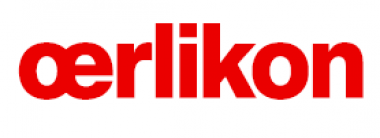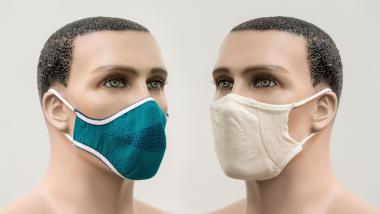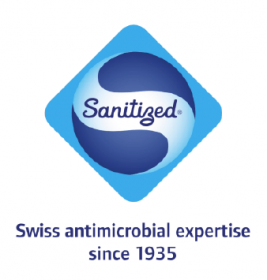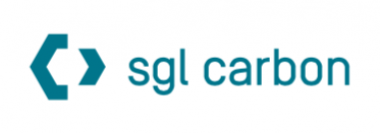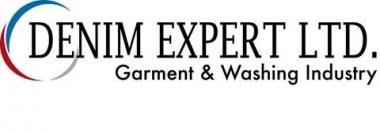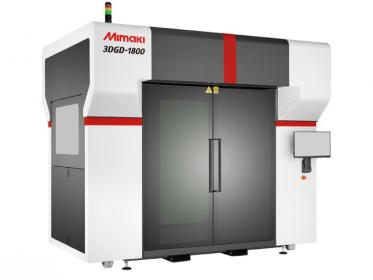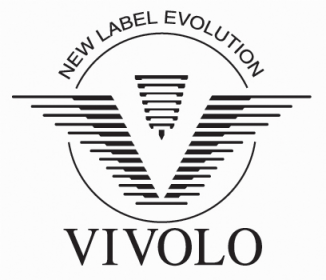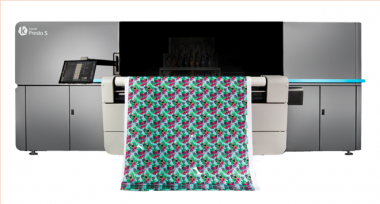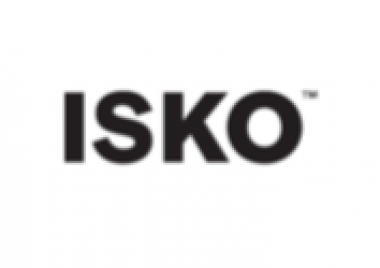Oerlikon Manmade Fibers segment looking positively towards the future during the coronavirus pandemic
Staggered in terms of timing and with varying magnitude, the global spread of coronavirus is impacting the development of the regional economies in the core markets of the Manmade Fibers segment of the Swiss Oerlikon Group.
The sales markets for manmade fiber systems and equipment have been primarily located in China, India and Turkey for many years now. Together, these markets – above all China – make up the lion’s share of the project landscape at Oerlikon Manmade Fibers. And this is paying positive dividends at the moment. Because the production facilities of the major manmade fiber manufacturers in
China have been systematically fired up again over the past few weeks, with capacity utilization increasing consistently.
Going against the flow
The Segment CEO, Georg Stausberg explains the reason: “Long before the coronavirus situation developed, the major manmade fiber manufacturers in China had decided to reverse-integrate their production chains to include petrochemicals in order to expand their portfolios with targeted investments, to reduce their dependence on a ,single product’, to optimize their costs and ultimately to acquire greater control over margins in a global volume business”.
Similar processes and decisions – albeit not on the same scale as in China – have also
been detected at the large manmade fiber manufacturers in India and Turkey. Even though businesses in India and Turkey are presently still temporarily severely impacted by the coronavirus situation, their long-term commitment cannot however be questioned, as the company-internally-agreed plans will be systematically implemented moving forward.
Long-term investments of global market players
All this has recently resulted in increased demand for spinning and texturing systems – just like those supplied by total solutions provider Oerlikon Manmade Fibers with its
Oerlikon Barmag, Oerlikon Neumag and Oerlikon Nonwoven product brands.
“The investments in petrochemical systems are based on long-term strategic considerations and are resulting – even during the coronavirus pandemic – neither in short- and medium-term economic dips, nor in changed customer behavior. (...)”, states Segment-CEO Georg Stausberg.
As a result of Oerlikon Manmade Fibers delving into the digital age years ago, the segment has experienced the intensive and short-term benefit from all the measures, in part also in its processing of customer projects.
Marketing, Corporate Communications
& Public Affairs


